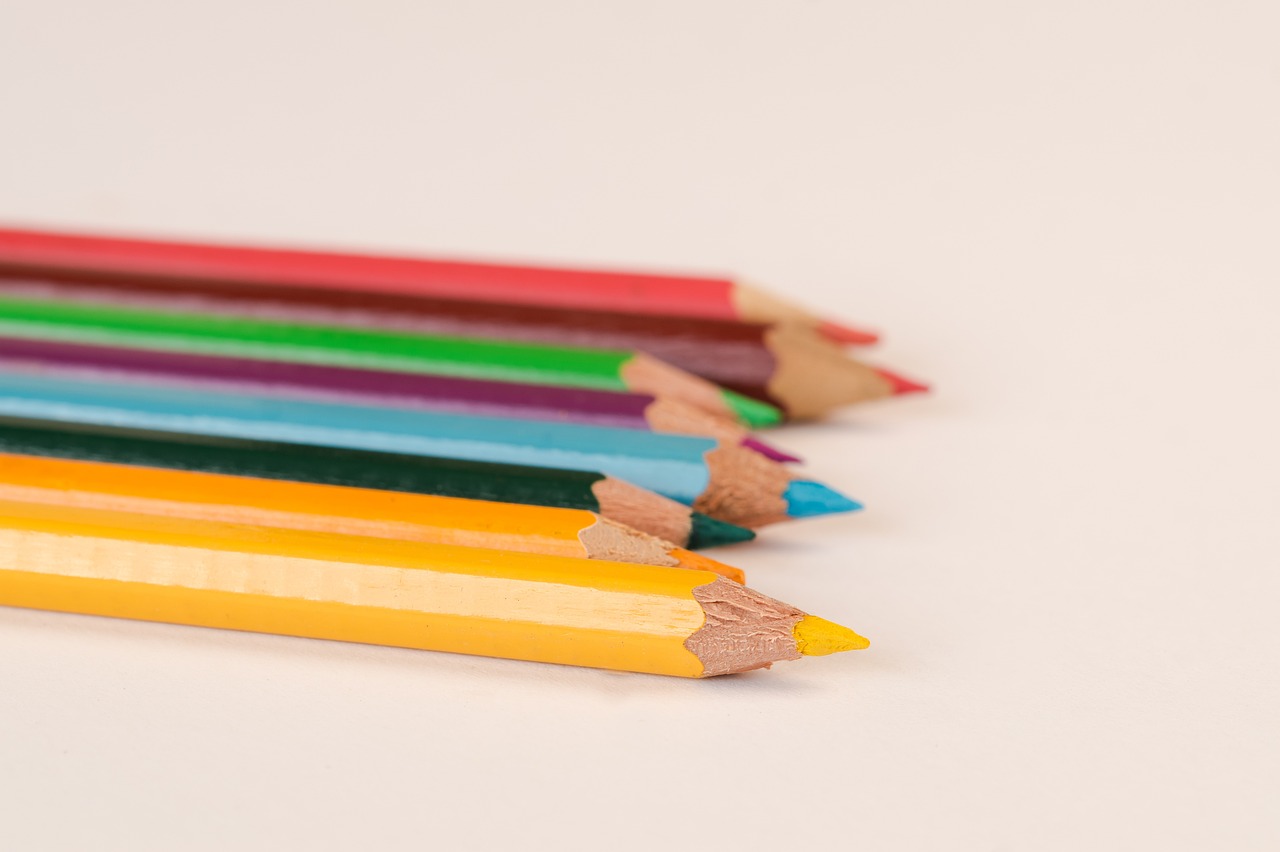The Role of Physical Education in Holistic Student Development
Physical education plays a crucial role in the overall development of students. Through participation in physical activities, students not only improve their physical health but also enhance their social and emotional well-being. Engaging in sports and exercises helps in developing teamwork, leadership skills, and discipline among students.
Furthermore, physical education provides an opportunity for students to learn the value of perseverance and dedication. By setting fitness goals and working towards achieving them, students cultivate a sense of determination and motivation that can be applied in other areas of their lives. This helps in fostering a sense of responsibility and self-confidence in students, ultimately contributing to their holistic development.
Physical education enhances physical health and well-being
Develops social and emotional skills through teamwork and leadership
Teaches discipline and perseverance through sports and exercises
Cultivates determination, motivation, responsibility, and self-confidence in students
Physical Health Improvement Through Physical Education
Participating in physical education programs in schools plays a crucial role in improving students’ physical health. Engaging in regular physical activity through PE classes helps in enhancing cardiovascular health, leading to a stronger heart and improved blood circulation. Moreover, the activities involved in physical education lessons assist in developing muscle strength and flexibility, contributing to overall physical well-being.
In addition to enhancing physical fitness levels, engaging in activities like running, jumping, and playing various sports during physical education classes improves students’ coordination and balance. These exercises also aid in maintaining a healthy weight, reducing the risk of obesity and associated health issues in the long run. Overall, regular participation in physical education not only boosts physical health but also instills healthy habits that students can carry into adulthood.
Mental Health Benefits of Participating in Physical Education
Regular participation in physical education classes can greatly enhance students’ mental wellbeing. Engaging in physical activities such as running, jumping, and playing sports can help reduce feelings of stress and anxiety among students. The release of endorphins during exercise can lead to improved mood and overall mental health.
Moreover, physical education provides students with opportunities to build self-esteem and confidence. As they learn new skills and improve their physical abilities, students can gain a sense of accomplishment and pride in their achievements. This bolstering of self-confidence can have a positive impact on their mental health and well-being.
How does physical education benefit student development?
Physical education helps improve physical fitness, develop motor skills, enhance social skills, and improve cognitive function.
Can participating in physical education improve mental health?
Yes, physical education can improve mental health by reducing stress, anxiety, and depression, as well as boosting self-esteem and overall mood.
In what ways does physical education contribute to physical health improvement?
Physical education helps improve cardiovascular health, strength, flexibility, and overall physical fitness, reducing the risk of chronic diseases and promoting a healthier lifestyle.
How often should students participate in physical education to see mental health benefits?
It is recommended that students participate in physical education at least 3-5 times a week to see significant improvements in mental health.
What are some specific mental health benefits of participating in physical education?
Some specific mental health benefits include improved mood, reduced stress levels, better self-esteem, increased focus and concentration, and enhanced overall well-being.







